Trouble The Water
Introduction
On 29th August 2005, Hurricane Katrina hit the city of New Orleans. Katrina was both the costliest hurricane in US history as well as one of the five most deadly, leaving a total of 1, 836 people confirmed dead and with a further 705 missing. The economic damage estimated as a result of Hurricane Katrina is $89.6 billion, but the human cost is truly immeasurable.
Trouble The Water is a documentary with first person perspective on the hurricane as well as following the efforts of people to rebuild their lives in the aftermath of the hurricane. The documentary was the idea of Tia Lessin and Carl Deal, who had previously worked on Fahrenhet 9/11 and Bowling For Columbine. Originally in New Orleans in order to shoot an unrelated documentary, a chance meeting with Kym Roberts and her husband Scott lead to this fascinating documentary with real footage from the eye of the storm and the aftermath in the wrecked city of New Orleans.
Kym Roberts, an aspiring rapper, and her husband live in the Lower 9th Ward of New Orleans, a ghetto populated by black Americans. Scott is a drug dealer and Kym has been an addict in her time, a habit that just may have been passed on by her mother. When news of the hurricane breaks, the Governor of Louisiana orders a compulsory evacuation order but neglects to provide public transport to aid in the evacuation. Kym Roberts, her family and neighbours feel that they are unable to get away from the eye of the storm and batten down the hatches. Armed with a used video camera that Kym bought from a street hustler for $20, she sets about documenting the storm.
Roberts gathers as many people into her attic as she possibly can, old and young alike, and tries to make things as comfortable as she can. The storm affects people in different ways, and this film proves that people can change. For the Roberts husband and wife team in particular, it's a coming of age as Scott moves beyond the drug dealer persona and along with his brother Larry (who both detested each other prior to the storm) put their lives on the lines to help people in the flood waters of New Orleans.
The documentary also follows the two Roberts plus their friend Brian as they attempt to rebuild their lives in the aftermath of Hurricane Katrina.
Overall
I was tempted not to review this release. Why? Yet another DVD-R, the bane of reviewers everywhere. Then I remembered the subject matter and decided to give it a shot. I'm glad I did for whilst this is not a superb documentary, it is a timely reminder of not only what it was like to go through such a traumatic period but also what life was like for those trying to recover and rebuild their lives afterwards.
This is a troubling piece overall, highlighting the lack of compassion of those charged with serving the people in some capacity. We hear about the Roberts bringing a large group of displaced persons to a New Orleans Naval Base, looking for shelter and an escape from the floods. In a stunning lack of compassion, the Navy troops break out firearms and turn the group away, despite the fact that the base was closing down and therefore had the capacity to at least temporarily shelter these people. Those same Naval personnel received commendations for their actions. That's rather sick. Luckily a group of National Guard housed in a local school took pity and gave shelter where required.
We see the devastation of New Orleans as Kym, Scott and Brian walk through their old neighbourhoods. The trio wander into one house and find the body of an old friend, pictured stumbling away from Kym on film just days before. It's a sad moment when you realise that some people just can't help themselves. What's worse though is when the local and federal authorities fail to help those they are charged with protecting. Kym's younger brother is in prison for an unspecified misdemeanour, trying to trace him in the immediate aftermath of the hurricane, Kym can pass a message to him but can't speak to him as he doesn't have phone privileges. Bailing him out a while later for her Grandmother's funeral, Kym's brother tells of how all the guards left the prison and how the prisoners had to fend for themselves with no fresh water or food. It's scandalous.
It gets worse though. FEMA (Federal Emergency Management Agency) were charged with providing all displaced citizens with $2000 to provide them with food and clothing, but whilst the Roberts eventually got their money after the usual bureaucratic delays, Brian was unable to prove he was resident in New Orleans at the time despite being a resident in narcotics program. He never received his money and eventually went back onto drugs, despite the efforts of Kym to keep his spirits up. It's clear that any Government help, regardless of the size of budget or body, is going to take time to find it's way through to most, but there doesn't appear to be the sense of urgency that you would expect or the level of help you might expect from public servants.
The after effects of this devasting hurricane will be felt for years to come, as evidenced by this documentary. The tourist section of New Orleans appears to be virtually back to normal but one look at the poorer ghetto-ised sections of the city shows just how much still needs to be done…
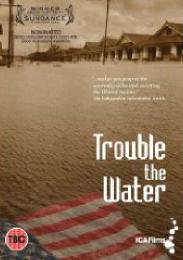
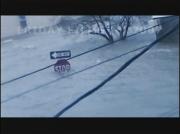
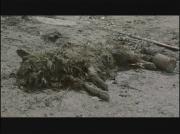
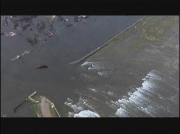
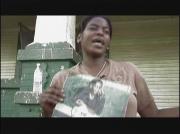
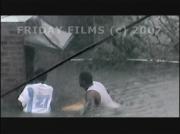
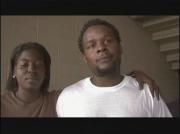




























Your Opinions and Comments
Be the first to post a comment!